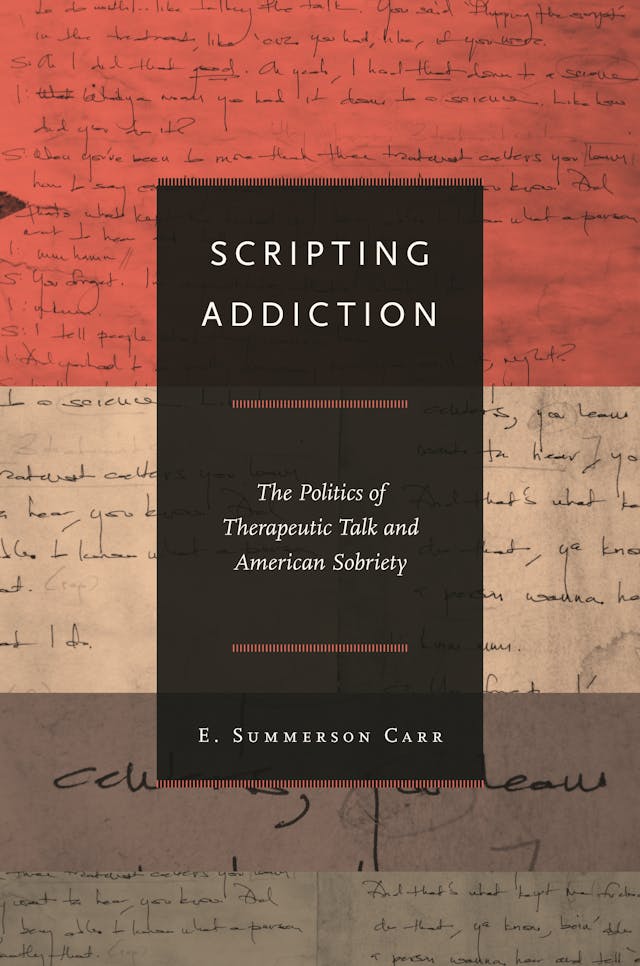ANTH 410 A:
DISCOURSE AND HEALTH
Spring 2024 UW-Seattle (SLN 10317)
Mondays & Wednesdays 10:30am-12:00pm in Dempsey Hall 124
quick link to modules
Artwork by Robert Matthew Goldstein (2017)
Instructor: Professor Laada Bilaniuk
bilaniuk@uw.edu (she/her). Office hours: right after class, on most days (but check with me, in case there is a conflict). Also other times by appointment on Zoom--e-mail me and let me know some available times.
“The power of language lies in how it oozes, it permeates, it stains and colors, it flows into the interstices, it saturates the air and the airwaves, it is between, within and without us - perhaps no area of human experience remains unmediated by language.”—Keith Aoki
“If we can name it, perhaps we can manage it.” –Scott Berinato
🧬 💊 💉 🌡 🩹 🦠 🧫 🩺 🧪 🌡 🔬
This class focuses on the many different ways that language and health intersect, such as:
-the ideologies encoded in the ways people talk about health
-cross-cultural differences in naming illnesses
-the dynamics of doctor-patient encounters, from the micro-politics of interaction to the broader social politics
-the power of narrative and scripts in constructing health and illness.
We will explore the various dimensions in which discourse and health are intertwined and shape each other, through readings, discussions, and analysis of narratives of illness and health. We will learn and practice ethnographic research methods, including autoethnography, interviewing (whether live or web-mediated), and online research of social media, news, and websites. We will learn to apply the methods of discourse analysis to our own stories as well as collected narratives, interviews, and interactions.
This course fulfils the Individuals and Societies (I&S), Diversity (DIV), and optionally Writing (W) General Education Requirements. This course is part of the Medical Anthropology and Global Health (MAGH) and Anthropology of Globalization (AG) Options.
Course objectives: by the end of this course students should be able to:
• Discuss anthropological perspectives on the relationships between language and health.
• Practice ethnographic research skills including interviewing, participant observation, and collection of material from social media.
• Analyze narratives, discussions, and other discursive material (i.e., conduct discourse analysis).
• Analyze and evaluate the ways that naming, metaphor, narrative, and discourse dynamics matter in relation to health and healing.
• Analyze and critique the power dynamics involved in language and status differences in doctor/patient interactions.
• Understand how a critical discourse analytical perspective can be used to address structural inequalities and establish more equitable medical care
Course assessment and expectations
- 35% of grade: class participation and postings in Canvas discussion boards. There will be in-class discussions and activities, and occasionally you will get points for participation in our class sessions. There will be a make-up assignment if you miss a class. There will also be online discussion boards set up to engage with the readings or to analyze narratives or other textual or visual materials. Instructions for each online discussion topic will specify if there is a question or material to be analyzed, or in some cases the topic will be fairly open, asking you to discuss what you found most interesting, confusing, controversial, or otherwise notable in the readings. If you are posting after other students, your post can be in response to others’ posts, to build discussion. For full credit your post needs to be "substantive"--meaning a post that contributes some thought and substance, engaging with the reading or with other students’ posts.
- 60% of grade: Five ethnographic and analytic writings and presentation, listed individually below with weighting relative to overall course grade.
-
-
- Write a personal health/illness narrative (5%)
- Analysis of a personal health/illness narrative (15%)
- Ethnographic interview on health issue-initial report (5%)
- Ethnographic interview write-up & discourse analysis (15%)
- Netnography research and presentation: analysis of discourse surrounding a medical condition of your choosing (20%). To receive the "W" (writing) option, instead of a recorded presentation you have the option to do a 10-page paper. Graduate students are asked to do both the presentation and paper.
-
- 5% of grade: Peer review of fellow student papers. You will be asked to read fellow classmates’ written health/illness narratives and interview analysis papers, to offer suggestions about additional angles of analysis, connections, and interpretations, as well as to offer advice for improvement of the structure and the content of the paper, to point out where the writer’s arguments are unclear or problematic.
Readings:
There is one book that we will read in its entirety for the class: Scripting Addiction by Summerson Carr. It is available online through the UW library, and you can also purchase a paper copy online. Aside from this book, additional readings will be available as pdfs or through online links.
Carr, Summerson E. 2011. Scripting Addiction the Politics of Therapeutic Talk and American Sobriety. Princeton University Press (available as e-book through UW libraries) ISBN: 9780691144504

The course is organized into topical modules. To get started, go to the Week 1: Introduction module. (This "Course Basics" syllabus page is the first item in that module.) There will be a combination of video lectures, readings, discussion boards, quizzes, and research and writing. In Modules you can scroll through from one item to the next using the "Previous" and "Next" buttons at the bottom of each page. (At the bottom of this Course Basics page, there is a "Next" button that will take you to the first "Introduce yourself!" discussion board, and so on.
The details of topical modules will become visible on the Modules Canvas view as they are finalized. Asynchronous recorded Panopto lectures may still be added to some of the modules already posted.
Here is a general list of topics:
--power and politics in naming diseases
--The metaphor of "language as a virus": power and (dis)ability
--Life stories: the creation of coherence and wellness
--Narrative: making sense of illness through stories
--the impact of narrative medicine
--Scripting Addiction: the Politics of Therapeutic Talk and American Sobriety
--racism in public health
--Translation and power in medical encounters
A week-by-week overview of course topics and assignments is available on this page--note that some details may be updated and that the course modules will present the most up-to-date information with necessary links.
Course policies and resources for students are listed here.
